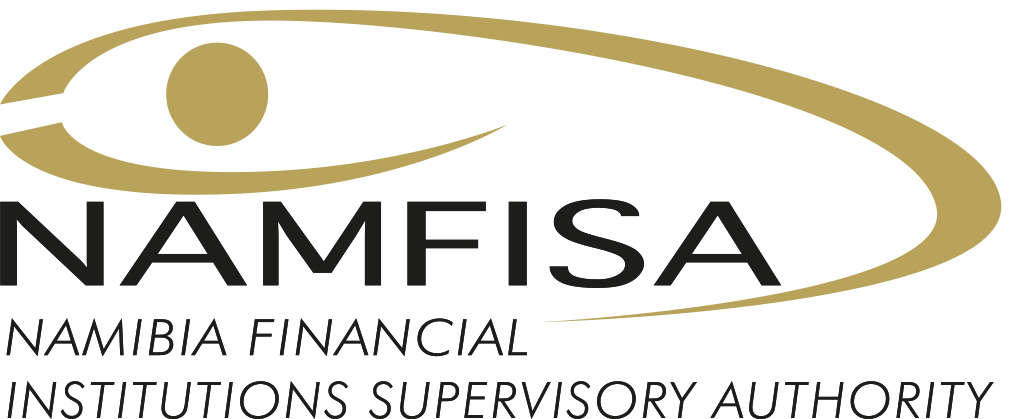Launch Of The Financial Literacy Initiative (FLI)
Commemorating World Consumer Rights Day – 15 MarchTheme: “Our Money, Our Rights”The national Financial Literacy Initiative (FLI) was officially launched by the Honourable Minister of Finance, Sara Kuugongelwa-Amadhila, on 15 March, aligning with the global observance of World Consumer Rights Day under the theme “Our Money, Our Rights”. Below is a summary of her remarks and key highlights from the event.
Why the Financial Literacy Initiative Matters
1. Tackling Financial Exclusion and Low Literacy
The FLI was born out of a pressing need to address low levels of financial literacy and high levels of financial exclusion in Namibia — especially among low-income earners and Small and Medium Enterprises (SMEs). It also responds to challenges in accessing financial services due to physical, affordability and eligibility barriers.
The FLI was born out of a pressing need to address low levels of financial literacy and high levels of financial exclusion in Namibia — especially among low-income earners and Small and Medium Enterprises (SMEs). It also responds to challenges in accessing financial services due to physical, affordability and eligibility barriers.
2. Beyond Access – The Need for Better Offerings
While access to financial services is improving, there remain serious concerns around the quality, diversity, and affordability of available financial products — particularly for vulnerable segments. These gaps hinder Namibia’s efforts to become a knowledge-based, inclusive and competitive economy.
While access to financial services is improving, there remain serious concerns around the quality, diversity, and affordability of available financial products — particularly for vulnerable segments. These gaps hinder Namibia’s efforts to become a knowledge-based, inclusive and competitive economy.
3. A National Platform for Financial Education
The FLI serves as a national vehicle for providing coordinated, impactful financial education. It seeks to improve financial decision-making and narrow the economic divide by empowering consumers through better knowledge and increased access to suitable financial products.
The FLI serves as a national vehicle for providing coordinated, impactful financial education. It seeks to improve financial decision-making and narrow the economic divide by empowering consumers through better knowledge and increased access to suitable financial products.
“Be Wise” Campaign – Phase I of the FLI Rollout
The launch of the FLI also marked the rollout of Phase I of a national consumer education campaign themed “Be Wise”.
This campaign centres around three core messages:
- Budgeting
- Saving
- Spending Wisely
The “Be Wise” campaign is designed to:
- Coordinate national consumer education efforts across public, private and development sectors
- Provide individuals with the knowledge needed to make informed financial decisions
- Empower consumers to demand better and fairer financial products
- Promote consumer rights and responsible financial behaviour
- Contribute to national development goals under the Financial Sector Strategy
Why this theme?
Recent findings from the 2011 FinScope Survey revealed that:
- 76% of Namibians struggle to make ends meet.
- 60% find it difficult to meet financial commitments
- Contribute to national development goals under the Financial Sector Strategy
Distribution Channels and Tools:
- Street theatre for engaging, community-based education
- A multilingual consumer education booklet available in English, Oshiwambo, Afrikaans, Otjiherero and Damara/Nama, providing practical financial tips in a reader-friendly format
Addressing the Core Issues in Namibia’s Financial Landscape
- Persistent Barriers to Financial Inclusion
- Private Sector Commitment – Financial Services Charter (2009)
- Government’s Role and Commitment
Looking Ahead – Long-Term Impact and Call to Action
The Honourable Minister stressed that the FLI is designed to have a lasting legacy. For it to truly transform the financial landscape, all stakeholders — from financial service providers to everyday consumers — must embrace the initiative and demonstrate behavioural change.
“Providing diversified, affordable, and relevant financial products is a necessary step toward a truly inclusive financial system,” she noted.
She concluded with a powerful call to action:
“Natu landuleni nee, nokutula miilonga omauyelele nomayele ngono tatu pewa okuziilila moprogram ndjika”
(Let us assimilate and put to effective use the messages from this programme.)
(Let us assimilate and put to effective use the messages from this programme.)

